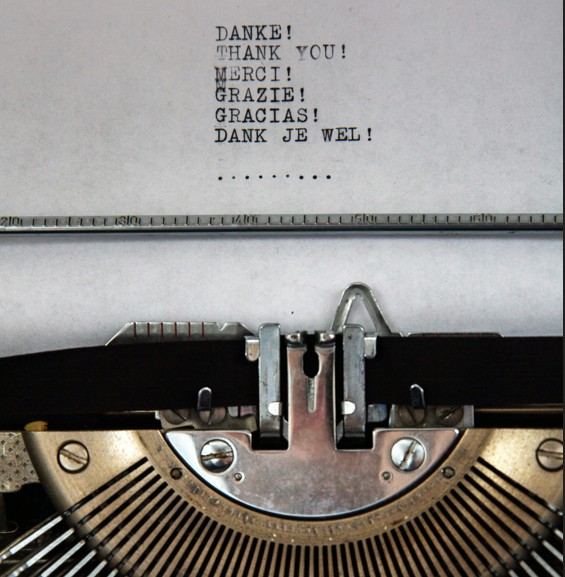
Please Be Rude To ChatGPT, Thank You! 🥴
Saying “please” and “thank you” to AI chatbots costs millions in electricity
I never Slack anyone without a please. Can you please send me . . . It would be great if you could please . . . and then there’s the Gracias, Thanks, and Thank Yous. . . That’s because Politeness is a tough habit to break. If you were raised well, saying please and thank you is an automatic response.
It turns out that good manners come at a terrific price these days. OpenAI CEO Sam Altman says that each “please” and “thank you” costs his company millions of dollars in electricity bills.
Why? Because ChatGPT — a large language model designed to generate human-like text — has to work harder with every extra word, burning more energy and increasing its environmental footprint. It’s not a person with feelings — it’s a hyper-advanced text generator that just wants you to get to the point already. Each ChatGPT response requires energy; the more questions it answers, the more power it burns.
And it’s not just ChatGPT. Across the tech world, AI robots are quietly reshaping how we interact with technology. Although these digital helpers may sound eerily human, ChatGPT isn’t a person, life-like as it may seem at times. It has no feelings.
It’s only a hyper-advanced text generator. Give them names if you like – Siri, Alexa, Claude, or even Hildegaard, say! – but customer service bots and virtual assistants are not friends or co-workers. They’re tools built to deliver information and complete tasks. That’s it. That’s all.
For Those Who Came In Late…
ChatGPT is an AI chatbot – a computer program trained to understand and generate human-like text based on the prompts you give it.
We use it for all sorts of things these days:
- Answering wacky questions
- Writing essays, articles, and emails
- Decoding mixed signals and confusing texts
- Translating languages
- Tutoring in math, history, science, and more
- Prepping you for job interviews, first dates, and big talks
Untold millions use it constantly, which means it uses a staggering amount of power. Which is why “please” and “thank you” and “Are you sure you got that?” put further strain on an already-strained energy grid.
Which is where we came in. We return you to our regularly-scheduled comments.
How Rude Are We Talking?
You needn’t yell at ChatGPT as if you’d nearly been run over by a careless driver. Just be direct. Tell it what you want and nothing else. Need a haiku about the New York Mets? Don’t dilly-dally. “Give a haiku about the New York Mets.” Not: “Hey, pal, will you do me a favor? I’d like a haiku about the New York Mets. You’re familiar with the haiku form? 5-7-5?”
The Sweet Freedom of Being Brisk
In life, we spend so much time tip-toeing around. We strive to be friendly – which is good. Politeness is necessary to keep the wheels of society turning. As subscribers to the Golden Rule, we treat others the way we wish to be treated ourselves. A certain amount of mild hypocrisy is often required when coping with a world that doesn’t actually revolve around us.
Gone are prompts like: “Can you please create an image? . . . that’s awesome, thanks!!! 🥳
Old-Style, Super Polite ChatGPT Prompts – Classic Courtesy
- Hi ChatGPT, could you please help me summarize this article? Thank you so much!
- Good afternoon! Would you mind writing a short story for me? Thanks in advance!
- Hello! Please list 10 baby name ideas. I’d really appreciate it.
- Could you kindly explain quantum mechanics in simple terms? Thanks!
- If you don’t mind, could you draft a professional email for me? Thank you so much!
New-Style, Direct ChatGPT Prompts – Get To The Point
- Summarize this article
- Write a short story about a detective
- List 10 baby name ideas
- Explain quantum mechanics simply
- Draft a professional email
So give that bot the business! No need to sugar-coat a request. No more Mr. Nice Guy. Being brusque is such a relief. You might even say it’s wildly refreshing.



